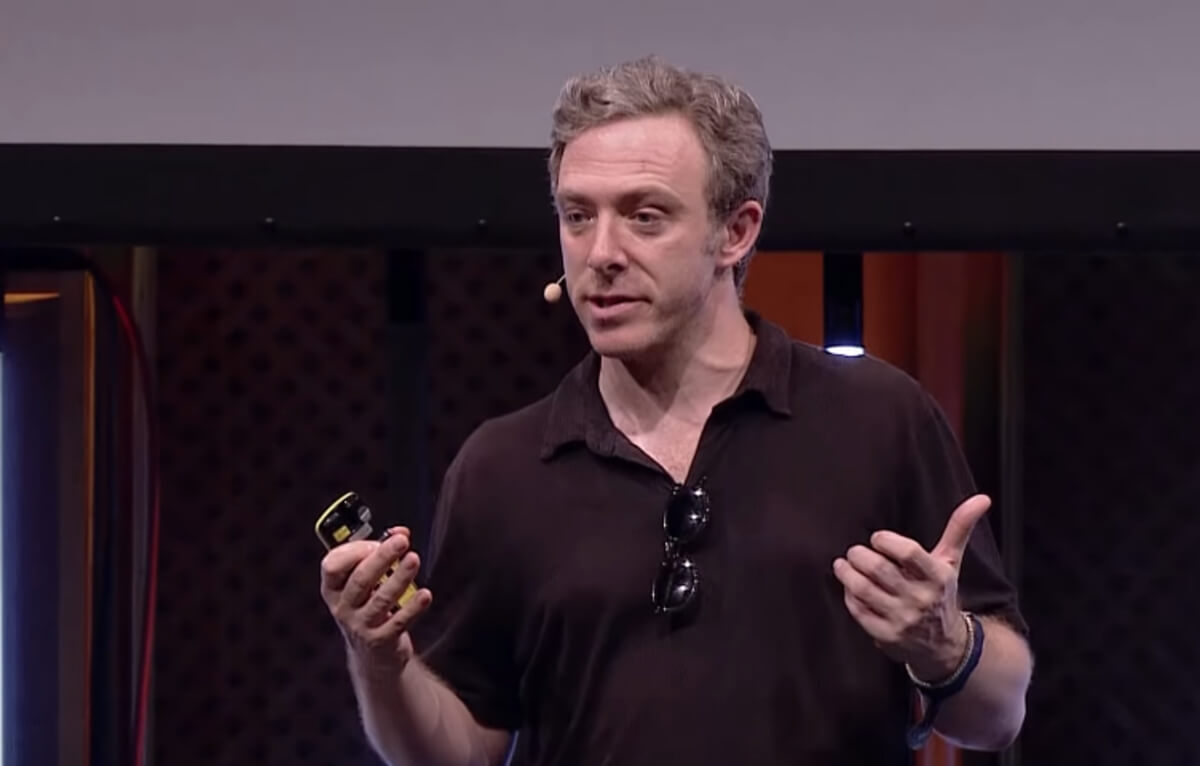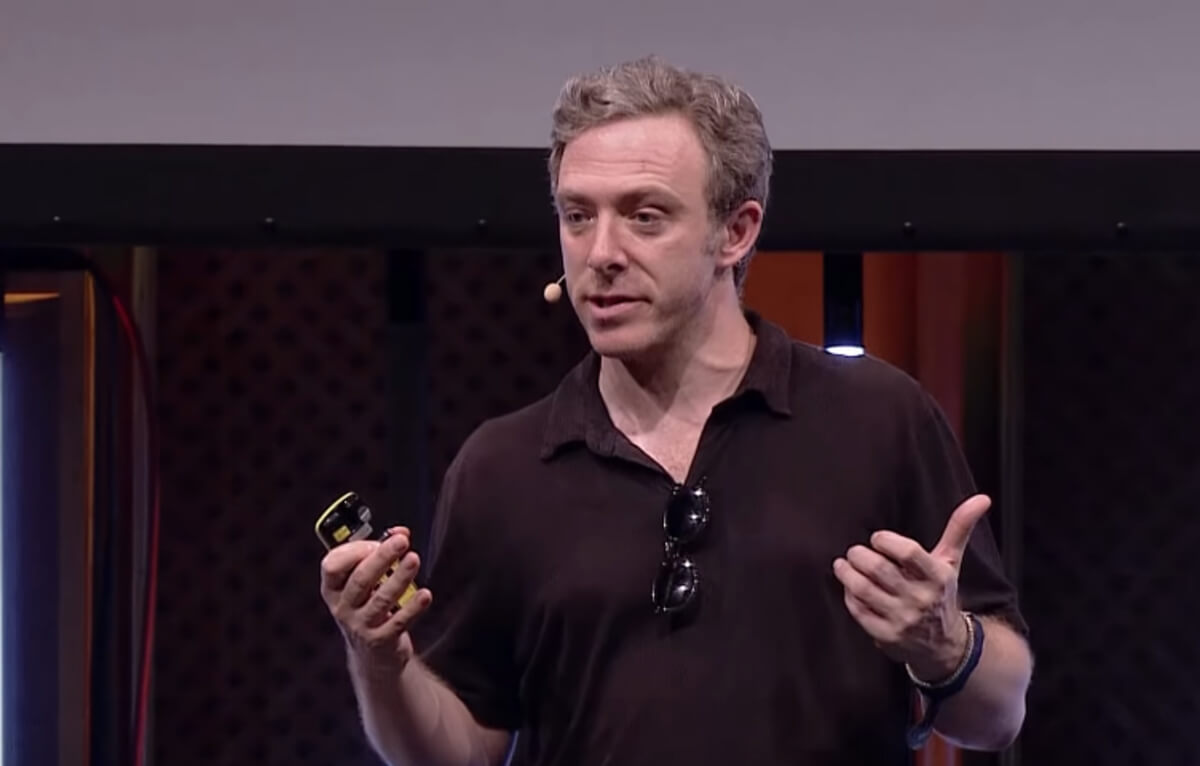Here Is Internet Computer Founder’s Proposal to ‘Hasten the End’ of Ukraine War

[ad_1]

Dominic Williams, the founder of Internet Computer (ICP) and the non-profit organization dedicated to building and promoting it, DFINITY, has a plan to help end the war in Ukraine.
Pointing out that Russia is in full control of all the media running in its jurisdiction, which distribute “carefully-crafted propaganda and false information,” Williams proposed the crypto community use the power of blockchain and smart contracts to counter this authoritarianism.
He noted that one way to help end the aggression against Ukraine is by convincing the Russian people that the war — as opposed to what the Russian leader calls “a humanitarian mission to protect people in Ukraine from genocide” — is a crime against humanity.
This will, in turn, spur the people to pressure the government to stop the invasion.
“Support for Vladimir Putin across Russia remains very high, possibly in the range of 60–70%,” he said. “This will remain so if he continues to control the flow of information to his population, allowing him to make the perversely false claim that the war is a humanitarian mission to protect people in Ukraine from genocide.”
In order to persuade the Russian population, we need to find ways of directly communicating with them, Williams said, arguing that people living in Russia are “largely completely ignorant” of what is really going on in Ukraine.
“I now propose a way that blockchain and smart contracts can potentially help further, by getting millions of Russians to watch an entire informational video(s) about the war,” he said.
All that is needed to execute the plan is Internet Computer, a public blockchain that hosts smart contracts that run at web speed, and USD 250m in bitcoin (BTC) and ether (ETH).
However, the scheme could be prevented if Russia cuts off its population’s access to the Internet, a move that is reportedly already on the radar.
More specifically, Williams suggested using virtual people parties, which allow large numbers of people to anonymously “prove personhood,” to make sure all attendees are real people. Then incentivize them to watch an informative video about the war by paying USD 50 worth of crypto.
He also proposed establishing a decentralized autonomous organization (DAO) to raise USD 250m, which would be enough to pay 5 million Russian people who are willing to watch the video.
However, technical challenges include releasing the virtual people parties framework, which is still in alpha, preventing Russia from blocking IP addresses associated with the scheme, and raising USD 250m in BTC and ETH.
“The technical challenges I have described will all be solved anyway, it’s just a question of how long things take,” Williams said, claiming that if “millions watched the video, it would be certain to spur massive debate and discussion of its claims within Russia.”
Meanwhile, there have been mixed reactions to the proposal within the crypto community. Some users called the move a “cheap PR shot,” saying that Williams could be promoting the IC project.
Others argued that the proposal, should it work in practice, would not actually have a valuable impact.
__
Other reactions:
____
Learn more:- Elliptic Claims Breakthrough in Search for Russian Crypto Sanctions Evaders- Russia Has ‘All the Needed Resources’ to Create Its Own Crypto Infrastructure, an MP Claims
– Is Russia Really About to Cut Itself Off from the Internet?- Crypto Trading in Russia Rises Again as Price Discounts Emerge
– Another Putin’s Mistake of the Ukraine War – Trusting the Western Financial System- Ukraine War and the Financial Markets: the Winners and Losers So Far
[ad_2]
Source link
